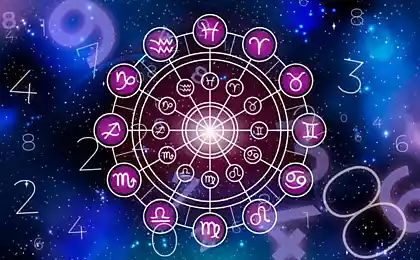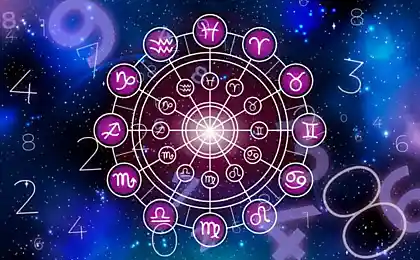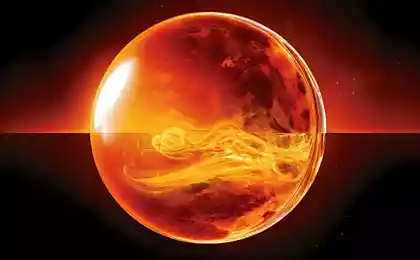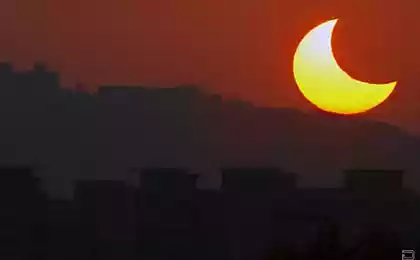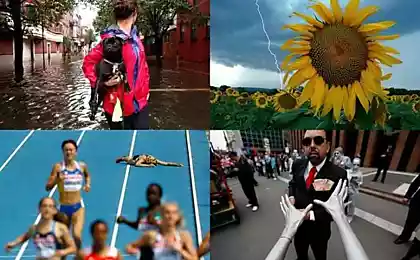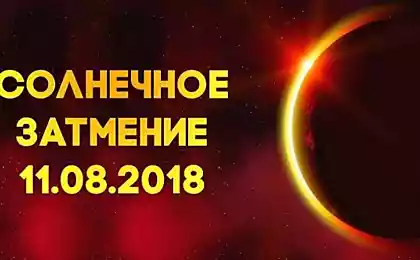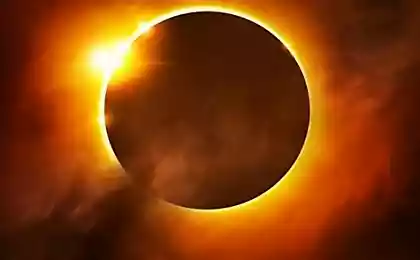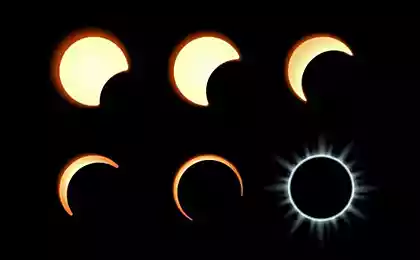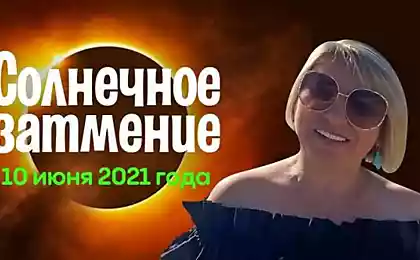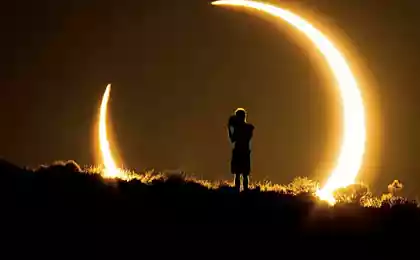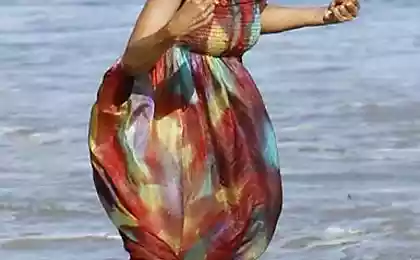850
August 1, Russians will be able to observe the solar eclipse
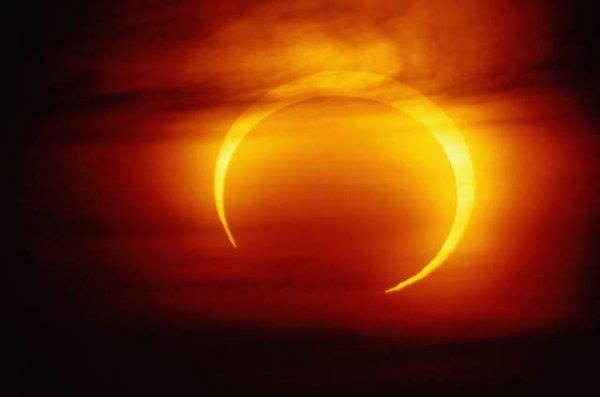
On Friday, August 1, 2008 from Russia, Greenland, China, Mongolia and the narrow part of eastern Canada can observe the solar eclipse.
Especially good upcoming eclipse will be visible to residents of the central region of Russia and north of the country.
"If the people of Canada will see a small strip of the Sun, along the rest of the regions on the same latitude, residents will be able to see the full eclipse," - noted in the outer office.
According to experts, August 1, 2008 the apparent diameter of the moon is 3% more solar maximum phase of the eclipse will be 1.03943.
At 14:02 Moscow time the eclipse reaches the maximum phase (1, 02). At this time, the shadow will be located near the town of Nadym of Yamal-Nenets Autonomous District. The duration of the total eclipse in this area will be 2 minutes 27 seconds, the Sun will be at an altitude of about 33 degrees above the horizon. Moving forward, the shadow will cross the east of the Khanty-Mansi Autonomous District, Tomsk region westwards, and 14.40 will get in the Novosibirsk region. Five minutes later, the greatest phase of the eclipse will be observed in Novosibirsk, which will be almost in the center band of the total phase.
The duration of the eclipse in Novosibirsk is 2 minutes 19 seconds, the height of the Sun above the horizon - 30 degrees. Moving further to the south-east, the shadow will pass through Barnaul, Biysk, Gorno-Altaisk (it is noteworthy that in the latter it will be the second in a row a total solar eclipse in just 2 years, which is very rare).
Moon Shadow leaves the territory of Russia at 14:59 Moscow time, spending on it about an hour. Touching the edge of his territory of Kazakhstan, she further will be held on the border of Mongolia and China, followed by the Chinese territory, where leaves the Earth at 15:22 Moscow time at the sunset near the city of Xinyang.
Partial eclipse will begin at 12:04 Moscow time in the ocean near the Canadian island of Newfoundland and will end at 16:39 Moscow time in the Bay of Bengal. Partial phases of the eclipse will be observed in most of Europe (except for southern regions) and Asia (except for the Far East), in the northeastern part of North America, the Arctic Ocean and the North Atlantic.
In Russia particular phase of the eclipse will be observed almost the entire territory, with the exception of Chukotka and Kamchatka, where the sun go down behind the horizon before the eclipse.
During a total eclipse, the sky will be noted the brightest stars and planets - to the left of the sun would be Mercury, Venus, Regulus, Saturn and Mars. Venus will be visible even before the total phase, Mercury and Saturn will be visible from the beginning of the total phase, Mars and Regulus can be seen under conditions sufficiently transparent atmosphere.

